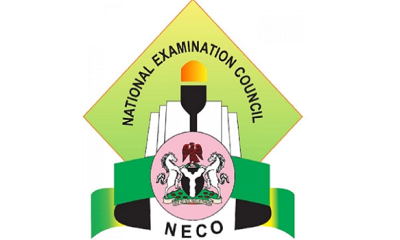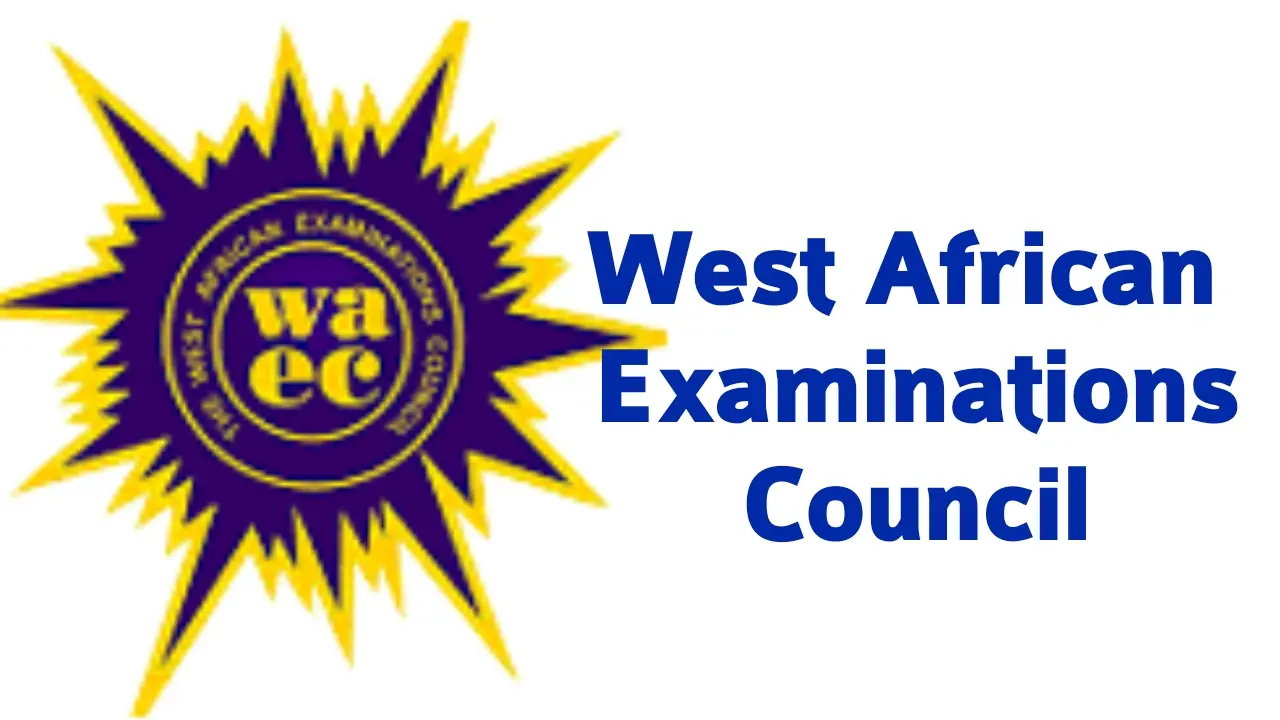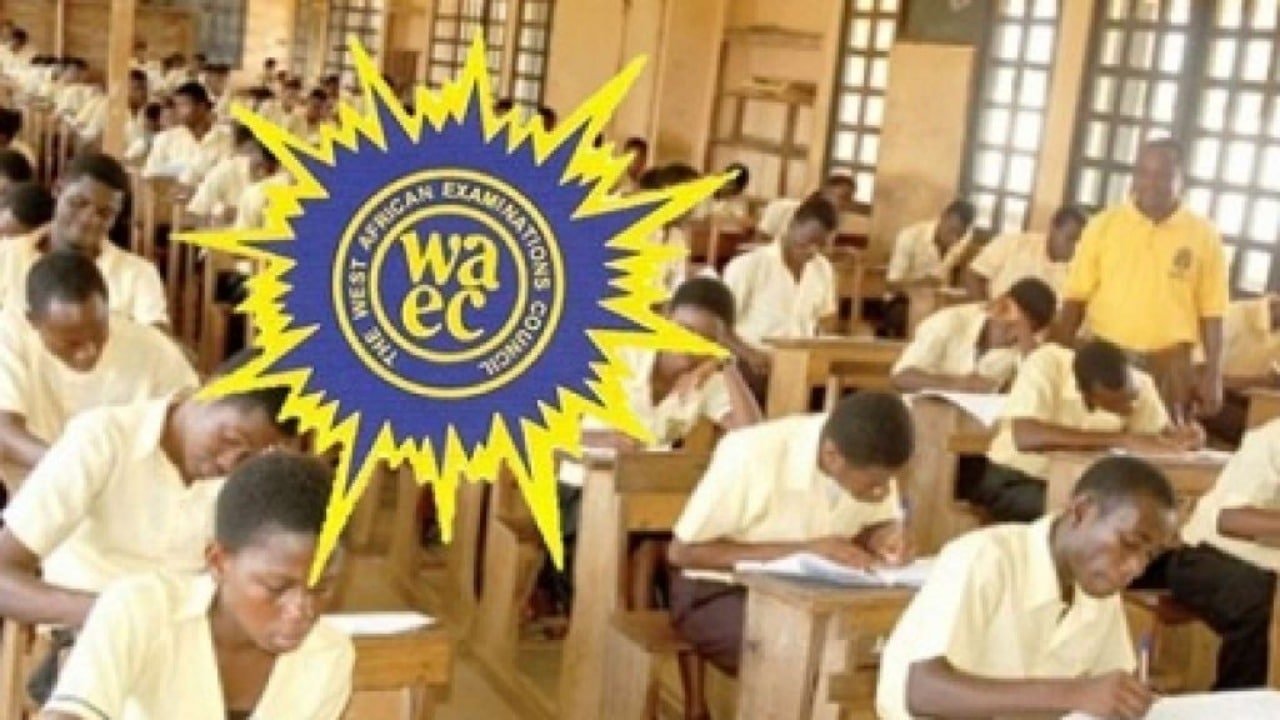Education
No Age Restriction for WAEC, NECO Exams, Education Ministry Clarifies
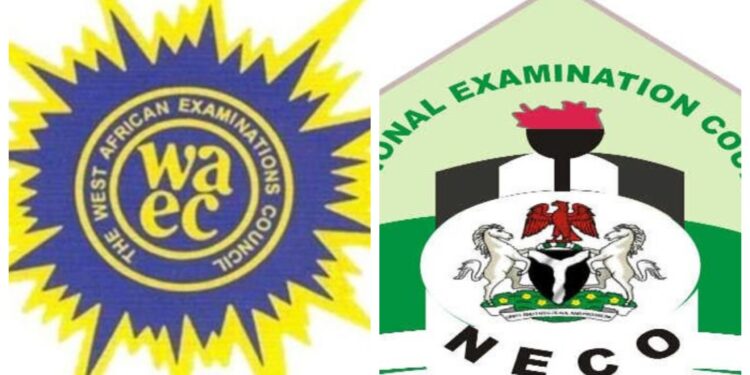
No Age Restriction for WAEC, NECO Exams, Education Ministry Clarifies
The Federal Ministry of Education has dispelled rumours suggesting that students under the age of 18 have been barred from taking the West African Senior School Certificate Examination (WASSCE) or National Examinations Council (NECO) exams.
Dr Yusuf Sununu, Minister of State for Education, clarified the issue on Friday in Abuja during an event marking the 2024 International Literacy Day (ILD). He addressed public confusion over remarks made by the Minister of Education, Prof. Tahir Mamman, regarding the 18-year age limit.
Sununu expressed disappointment over the misinterpretation of the minister’s statement, explaining that it referred to the minimum entry age for tertiary institutions, as per the 6:3:3:4 educational system.
“We were shocked to hear that a university in this country admitted children aged 10, 11, and 12. This is completely wrong,” Sununu said. “While exceptions exist for highly talented students, who may possess adult-level IQs even at ages 6 or 7, these cases are rare. There must be general rules, and the ministry is working on guidelines to identify such talented children.”
He emphasized, “Nobody said children must be 18 before they can write WAEC, NECO, or any other exam. This is a misrepresentation of what was said.”
On the significance of International Literacy Day, Sununu highlighted literacy’s role in promoting peace and socio-economic development. He reiterated the government’s commitment to tackling literacy challenges through the Education for Renewed Hope roadmap (2024-2027), with a focus on youth and adult literacy.
“We must prioritize the role of a learner’s first language in literacy to promote mutual understanding and peace,” he said, adding that well-trained educators must be equipped to teach in local languages.
Prof. Simon Akpama, Executive Secretary of the National Commission for Mass Literacy, Adult, and Non-formal Education (NMEC), echoed this sentiment, emphasizing the importance of multilingual education in schools.
“Multilingual education fosters peace and cultural respect in our interconnected world,” Akpama said.
UNESCO’s Country Representative, Diallo Abdourahamane, also stressed that literacy is a fundamental human right, essential for building a peaceful and sustainable society.
The theme of this year’s International Literacy Day is “Promoting Multilingual Education: Literacy for Mutual Understanding and Peace.”
Education
NELFUND Begins Upkeep Payments to Over 3,600 Students After Bank Detail Update

The Nigerian Education Loan Fund (NELFUND) has commenced the disbursement of upkeep payments to students who successfully updated their bank account details from digital wallets to commercial bank accounts.
This was announced in a statement released on Friday in Abuja by the Director of Strategic Communications of the Fund, Mrs. Oseyemi Oluwatuyi.
Oluwatuyi described the development as a significant breakthrough in addressing earlier disbursement delays.
“Over 3,600 students, who previously registered with digital-only banking platforms, have now successfully received their backlog of upkeep payments after updating their details to conventional commercial bank accounts on the NELFUND portal,” she stated.
“We appreciate the patience and understanding of all affected students during this period. Your resilience and cooperation have made this progress possible,” she added.
The NELFUND spokesperson advised students who have yet to update their bank details to raise a support ticket via the official NELFUND portal to request access for the update.
She further urged affected students to report through the IT office of their respective institutions, which would compile and forward all related cases to NELFUND for prompt resolution.
“NELFUND remains committed to ensuring that no eligible student is left behind. This resolution process is part of our broader effort to enhance the efficiency, transparency, and student-centered delivery of our support services,” she said.
Oluwatuyi encouraged students to continue engaging only through official NELFUND channels and to assist their peers who may need help navigating the update process.
She also provided contact options for inquiries, stating that the fund can be reached via email at info@nelf.gov.ng or through its official social media handles: X (formerly Twitter) @nelfund; Instagram @nelfund; and Facebook & LinkedIn: Nigerian Education Loan Fund – NELFUND.
Education
NELFUND Urges Institutions to Upload Student Data for Loan Processing

The Nigerian Education Loan Fund (NELFUND) has issued a directive to all accredited tertiary institutions to verify and upload their students’ data on the newly digitised Student Loan Application System (SLAS).
This was disclosed in a statement released in Abuja on Wednesday by the Director of Strategic Communications at NELFUND, Mrs Oseyemi Oluwatuyi.
According to Oluwatuyi, the SLAS platform has been fully digitised to streamline and accelerate the student loan processing experience for both institutions and applicants.
“With this upgrade, all accredited institutions are now required to request access to SLAS to verify and upload student data related to loan applications,” she said.
She described the move as “a critical step that ensures the timely processing and disbursement of approved student loans.”
Institutions that have not yet been onboarded onto the system, she said, are advised to send an access request to registration@nelf.gov.ng without delay.
“Once granted access, institutions will be able to view a real-time dashboard of their students’ loan applications, verify submitted data, and track the status of each application,” Oluwatuyi explained.
She called on all institutions to take immediate action in the interest of their students, stressing that verification and data upload by institutions are mandatory steps before final approval and disbursement of loans can be completed.
On the students’ side, Oluwatuyi noted that if an application status currently shows “Verified,” it means the application has passed initial checks. However, final approval and disbursement depend on the institutions’ confirmation and data upload.
“Once this process is completed, your status will be updated to ‘Disbursed’ when the payment of your fees has been processed,” she added.
She also encouraged students to reach out to the fund for assistance via email at info@nelf.gov.ng.
Other official communication channels include:
-
X (formerly Twitter): @nelfund
-
Instagram: @nelfund
-
Facebook & LinkedIn: Nigerian Education Loan Fund – NELFUND
Education
NUC grants ESUT full accreditation for Law, 7 other programmes

The National Universities Commission, (NUC), has given full accreditation to the Enugu State University of Science and Technology (ESUT), for her Law programme.
According to the Public Relations Officer of ESUT, Mr Ikechukwu Ani, this is contained in a letter addressed to the institution’s Vice Chancellor, Prof. Aloysius Okolie, on Wednesday in Enugu by the NUC.
Ani said that in the letter, the Executive Secretary of NUC, Prof. Abdullahi Ribadu said the report was contained in the result of the October/November 2024 accreditation of academic programmes in Nigerian universities.
Ani disclosed that other programmes in the institution accredited by the NUC include Master of Science in Business Management; Education Computer Science; Education Physics and Agricultural Engineering.
Other accredited programmes he said were Quantity Surveying; Urban and Regional Planning; and Applied Microbiology.
He said that the letter quoted Section 10 (1) of the Education National Minimum Standard and Establishment of Institutions, Act CAP E3, Laws of the Federation of Nigeria 2004 as empowering the NUC to lay down minimum academic standards for all academic programmes taught in Nigerian universities.
He said the session also empowers the NUC to accredit such programmes.
-

 Headlines3 years ago
Headlines3 years agoFacebook, Instagram Temporarily Allow Posts on Ukraine War Calling for Violence Against Invading Russians or Putin’s Death
-

 Headlines3 years ago
Headlines3 years agoNigeria, Other West African Countries Facing Worst Food Crisis in 10 Years, Aid Groups Say
-

 Foreign3 years ago
Foreign3 years agoNew York Consulate installs machines for 10-year passport
-

 News10 months ago
News10 months agoZero Trust Architecture in a Remote World: Securing the New Normal
-

 Entertainment3 years ago
Entertainment3 years agoPhyna emerges winner of Big Brother Naija Season 7
-

 Headlines1 year ago
Headlines1 year agoNigeria Customs modernisation project to check extortion of traders
-

 Economy1 year ago
Economy1 year agoWe generated N30.2 bn revenue in three months – Kano NCS Comptroller
-
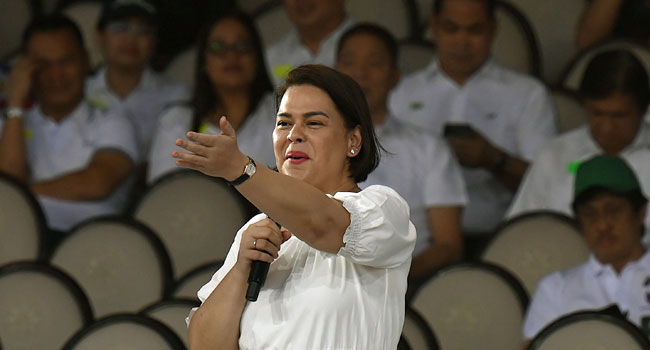
 Headlines1 year ago
Headlines1 year agoPhilippines’ Vice President Sara Duterte resigns from Cabinet


